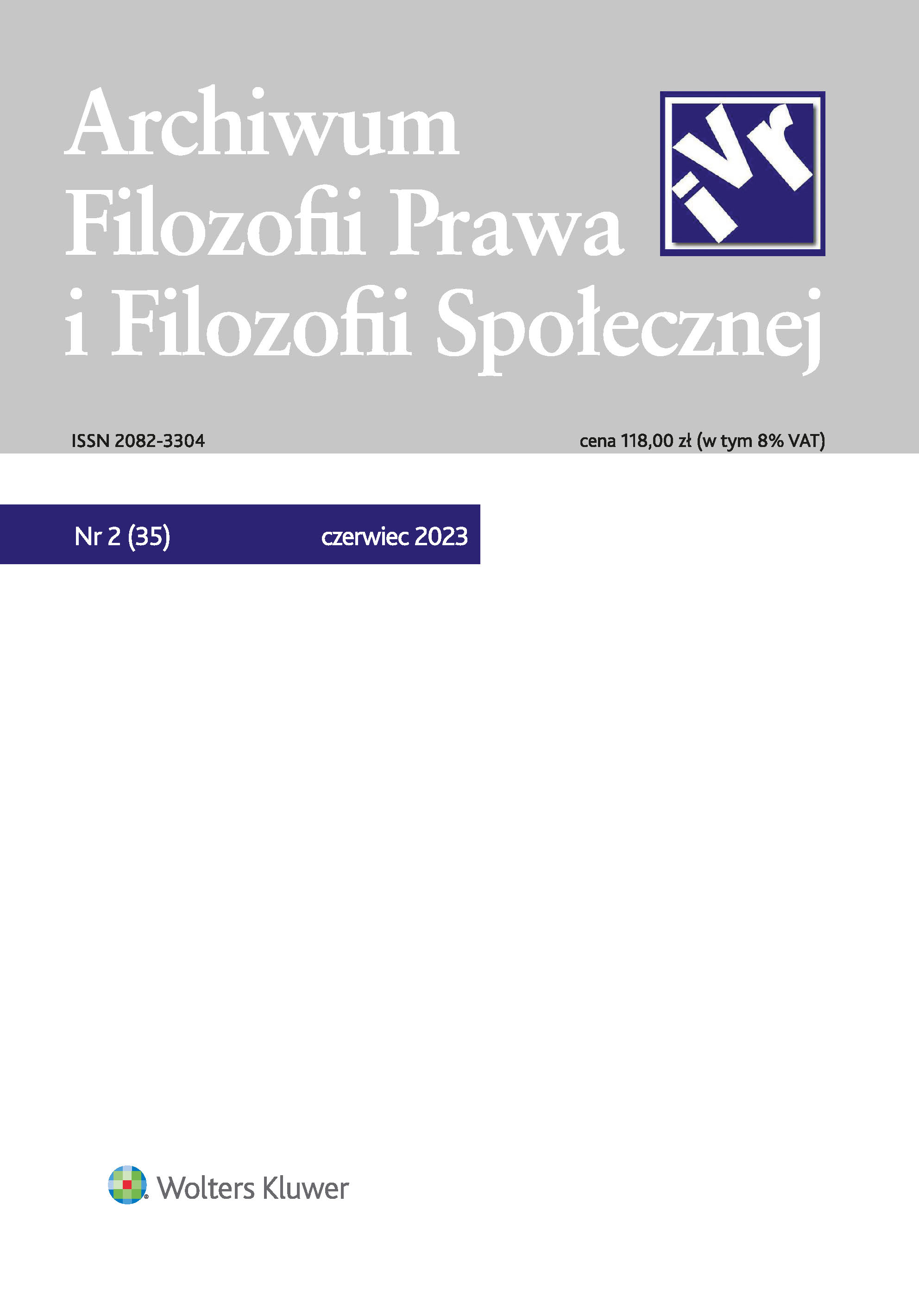Separate and Dissenting Judicial Opinions and Their Significance for a Democratic Society. Reflections Against the Background of Polish Law
Separate and Dissenting Judicial Opinions and Their Significance for a Democratic Society. Reflections Against the Background of Polish Law
Author(s): Joanna Misztal-KoneckaSubject(s): Law, Constitution, Jurisprudence, Sociology of Law
Published by: Stowarzyszenie Filozofii Prawa i Filozofii Społecznej – Sekcja Polska IVR
Keywords: dissenting opinion; democratic society; administration of justice; authority of judicial decisions; justification of the acts of applying the law
Summary/Abstract: In most legal systems, the administration of justice in complex and difficult cases is, entrusted to panels composed of multiple judges. In practice, rarely does it happen that this designated group of judges is required to reach a unanimous decision. The subject under scrutiny in the article is the issue of the possibility and significance of disclosing the fact that the judgment was not reached unanimously, along with the rationale that the judge(s) pursued in opposing the majority position. The analysis of this issue requires reaching not only for the legal dogmatic method, but also the legal comparative and axiological methods. The presented research leads to the conclusion that legislators (although not in all countries and not in all international organizations) are increasingly open to allow for the disclosure to the parties and the public of the fact that not all judges voted for a particular decision, along with the reasons for the dissenting position. Despite several objections to the institution of dissenting opinion (votum separatum) connected with undermining the authority of the court and the judgment issued, it turns out that democratic society, which values transparency and the power of substantive arguments, approves of this institution. Dissenting opinion safeguards the judge’s right to express their view, as well as the right of the parties and the public to know the reasons for an alternative solution, including their creative use for the benefit of the judiciary and legal science. Consequently, one can claim that dissenting opinions and the reasons for them constitute a crucial factor in shaping the perceptions of justice.
Journal: Archiwum Filozofii Prawa i Filozofii Społecznej
- Issue Year: 35/2023
- Issue No: 2
- Page Range: 43-52
- Page Count: 10
- Language: English

